Israel’s assassination campaign
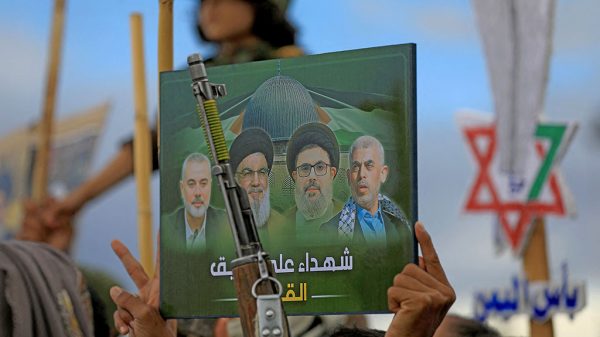
HM Nazmul Alam :
IN RECENT times, Israel’s geopolitical calculus has taken even more aggressive steps and strategies, executing the high-profile assassinations of Hamas leaders Yahya Sinwar and Ismail Haniyeh and Hezbollah’s Hassan Nasrallah. These killings are part of a broader strategy rooted in Israel’s longstanding policy of targeted assassinations — once covert but now increasingly overt — aimed at killing leaderships that pose a threat to its ‘security’. While Israel’s official stance justifies these operations as necessary measures to combat terrorism, the consequences of such actions wave far beyond the borders of Israel and Palestine, intensifying instability in the already unstable Middle East.
The impact of these assassinations echoes through multiple layers of geopolitics, from internal Palestinian power struggles to the shifting alliances in the region. In critically analysing the assassinations of Sinwar, Haniyeh, and Nasrallah, it is essential to explore the nature of Israel’s targeted killing strategy, its broader impact on regional dynamics, and the long-term effect of such actions. These killings bring to the surface the age-old question of morality in warfare: When does self-defense become aggression? Where do we draw the line between justice and vengeance?
Murky ethics of assassination
ISRAEL’S policy of targeted assassinations traces back to the early days of its statehood. Political figures like prime minister Yitzhak Shamir, once head of the Lehi Group, and later, Ariel Sharon, have long used covert operations to eliminate ‘threats’. However, such actions raise crucial questions of legality and morality. The extrajudicial killing of individuals without trial erodes the rule of law, leaving justice at the mercy of political expediency.
Shakespeare, in Macbeth, reminds us of the dangers of unchecked ambition and the corruptive nature of power. Lady Macbeth’s haunting line, ‘What’s done cannot be undone,’ resonates in this context as the cycle of killing continues, deepening divisions and hardening enmities. By eliminating Sinwar, Haniyeh, and Nasrallah, Israel might have temporarily weakened its foes, but these killings also breed further resentment among Palestinians and Hezbollah, strengthening their resolve to resist Israeli occupation.
Martyrdom complex
ANOTHER key consequence of these assassinations is the continuation of the martyrdom complex among groups like Hamas and Hezbollah. In the Middle East, martyrdom occupies a central place in the political psyche. Political figures like Sinwar, Haniyeh, and Nasrallah are not just political leaders —they are symbols of resistance. Their deaths do not silence their voices but rather amplify them.
Nasrallah’s rhetoric of ‘resistance until death’ vibrates more powerfully after his assassination. In Palestinian society, the martyrdom of figures like Haniyeh galvanises support for Hamas, even among those who might otherwise be critical of its tactics. The death of Sinwar, often seen as a hardliner within Hamas, does not lead to the collapse of the organisation but rather cultivates an environment where even more radical figures may rise in his place.
Historian Barbara Tuchman’s classic, The March of Folly, speaks to how nations, despite historical precedent, often pursue policies that are detrimental to their own long-term interests. Israel’s assassination strategy might weaken immediate threats, but it deepens the intractability of the Israeli-Palestinian ‘conflict’, pushing peace further out of reach.
Regional fallout
THE assassination of Hezbollah’s Hassan Nasrallah holds significant geopolitical consequences. Hezbollah, with its deep ties to Iran and Syria, functions as a proxy for Iranian influence in the region. Israel’s strike on Nasrallah is not merely an act against Hezbollah but a provocation of Iran, one of Israel’s most formidable adversaries. In the already delicate balance of power in the Middle East, Nasrallah’s death could catalyse a renewed conflict between Israel and Hezbollah.
Iran, on the other hand, may view Nasrallah’s assassination as a direct threat to its sphere of influence, potentially leading to retaliatory strikes. The United States, a close ally of Israel, finds itself in an uncertain position, balancing its support for Israeli security with its desire to avoid a broader regional war. Russia, deeply involved in Syria, where Hezbollah operates, could also see its interests threatened, further complicating the geopolitical landscape.
The late Palestinian intellectual Edward Said, in his work Orientalism, pointed out the dangerous tendency of Western powers to oversimplify and misunderstand the complexity of the Middle East. Israel’s actions, though framed as defensive measures, must be understood in the broader context of regional geopolitics. The elimination of figures like Sinwar, Haniyeh, and Nasrallah is not an isolated incident but part of a larger chess game, where each move has far-reaching consequences.
Futility of targeted killing
HISTORICALLY, the effectiveness of targeted killing of leaders is debatable. In Iraq, the killing of Saddam Hussein did not bring stability; instead, it unleashed sectarian violence. Similarly, the assassination of Muammar Gaddafi in Libya led to chaos and the rise of extremist groups. The deaths of Osama bin Laden and Abu Bakr al-Baghdadi, while significant symbolic victories, did not dismantle al-Qaeda or ISIS; rather, these organisations adapted, often becoming more decentralised and harder to combat.
Hamas and Hezbollah are not solely dependent on their leaders; they are deeply embedded in the social and political fabric of Palestinian and Lebanese society. The loss of figures like Sinwar, Haniyeh, and Nasrallah will not dismantle these groups. If anything, these assassinations create power vacuums that can lead to the rise of even more extreme elements. Israel’s attempt to ‘cut off the head of the snake’ may result in a hydra—where each severed head is replaced by several more.
Renowned scholar Noam Chomsky has argued that military force alone cannot resolve deeply rooted political conflicts. The Israeli-Palestinian conflict, at its core, is a struggle over land, identity, and justice. Killing leaders like Sinwar, Haniyeh, and Nasrallah might offer short-term tactical victories, but without addressing the underlying causes of the conflict, such as the occupation, settlements, and the right of return for Palestinians, the violence will continue.
Towards new paradigm?
IN HIS Nobel Prize acceptance speech, the late South African president Nelson Mandela famously said, ‘It always seems impossible until it is done.’ If Israel genuinely seeks peace, it must shift away from its reliance on military force and pursue diplomatic solutions. True security will not be achieved through assassinations but through negotiations, compromise, and mutual recognition of each side’s humanity.
The international community, particularly Western powers, also bears responsibility. It is not enough to support Israel’s right to defend itself; there must be an equal commitment to ensuring that Palestinians and Lebanese also have the right to live in dignity, free from occupation and violence. The world must demand accountability from all parties involved and support a just and lasting peace. History and literature remind us that violence begets violence, and without addressing the root causes of conflict, these actions will only bring about the suffering on both sides. The time has come for a new paradigm — one based on dialogue, not death, on peace, not power.
HM Nazmul Alam is a lecturer in English and modern lLanguages at the International University of Business, Agriculture, and Technology


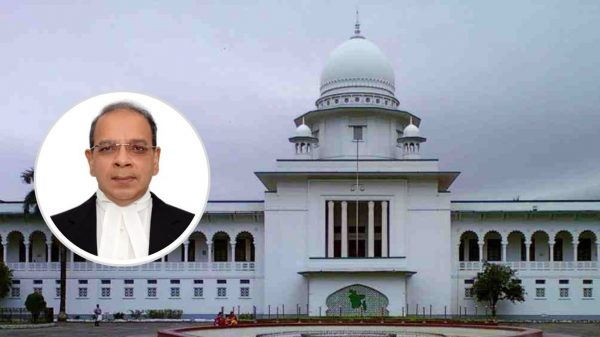
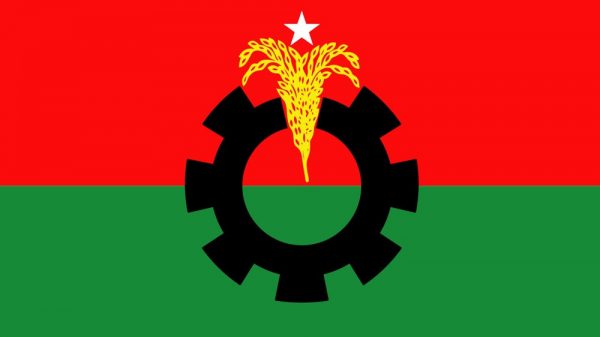



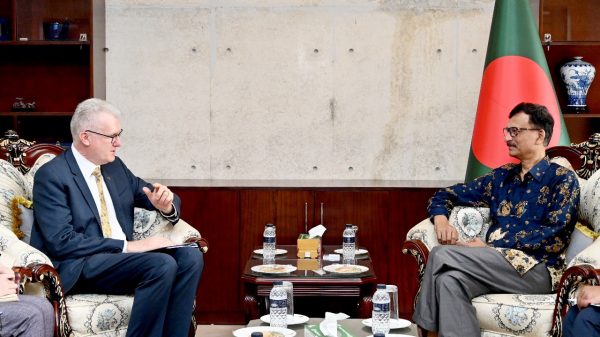

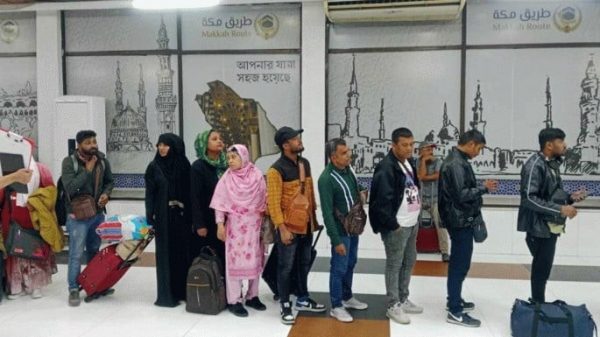













Leave a Reply